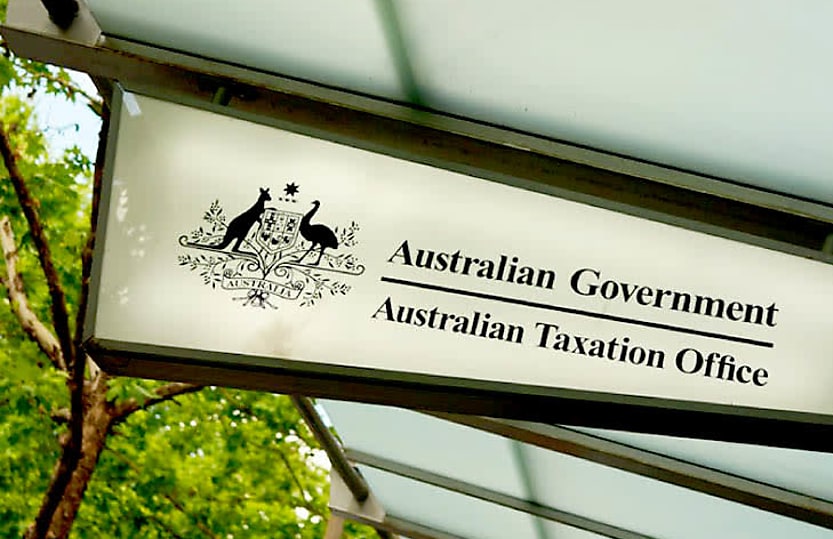ATO raises $40m from crackdown on sales suppression tools

Retail and hospitality businesses using the technology should give themselves up or face the consequences, it says.
The ATO is warning retail and hospitality businesses using electronic sales suppression tools (ESST) to give themselves up or face the consequences after raising $40 million in liabilities from previous raids.
In its role as leader of the Serious Financial Crime Taskforce (SFCT), the ATO said action had already been taken against 35 businesses as part of a coordinated global crackdown called Operation Flutter.
“The raids in Australia resulted in a significant cache of information gathered by ATO investigators to support ongoing investigations into this deliberate tax fraud,” an ATO spokesperson said.
“As a result of this specific action, we have issued more than $40 million in liabilities, to date.”
The ATO warned offenders to come forward and make a voluntary disclosure or confront the full force of the law.
“We receive a significant number of tip-offs from the community every year about businesses suspected of using ESSTs to evade meeting their tax obligations,” it said.
“We continue to warn businesses that this type of behaviour is illegal and not to become involved. There are tough penalties for those found using, producing or supplying an ESST or incorrectly keeping records using sales suppression technology.”
ESST manipulates sales transactions so a business can under-report its income and pay less tax. The technology has been illegal since 2018.
The ATO said retail businesses were connecting ESST to point-of-sale systems to delete, resequence, or misrepresent transactions; reduce sales values; and produce fake tax records. ESST could be cloud-based software that is linked to domestic and offshore payment platforms.
The SFCT was tracking down businesses using ESST through lifestyle data, bank information, small-business benchmarks, and tip-offs.
“We understand there are sophisticated networks of operators actively developing and marketing these tools to small-business owners,” the SFCT said. “They often package them as an ‘all-in-one complete business solution’ with low commissions, website presence and an online ordering tool.
“If you are a business using ESSTs, we strongly encourage you to come forward and make a voluntarily disclosure rather than wait for us to contact you. We may be able to reduce your penalties.”
ATO Deputy Commissioner John Ford gave an example of how an ESST might be used.
“So what might happen is that the customer orders a $60 steak and a $100 bottle of wine and the ESS tool then puts it through the point-of-sale system as a $10 bowl of chips and a $4 bottle of soft drink,” Mr Ford said.
“Adding ESST to your point-of-sale system is a deliberate and underhanded act designed purely to under-report income and avoid tax obligations. It’s illegal and it will not be tolerated.”
Despite the significant cache of information already gathered and the $40 million in liabilities raised, the ATO said investigations were ongoing and no charges had yet been laid.
About the author







